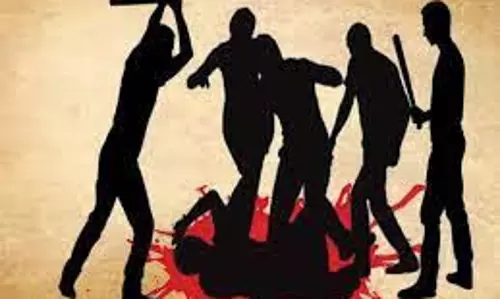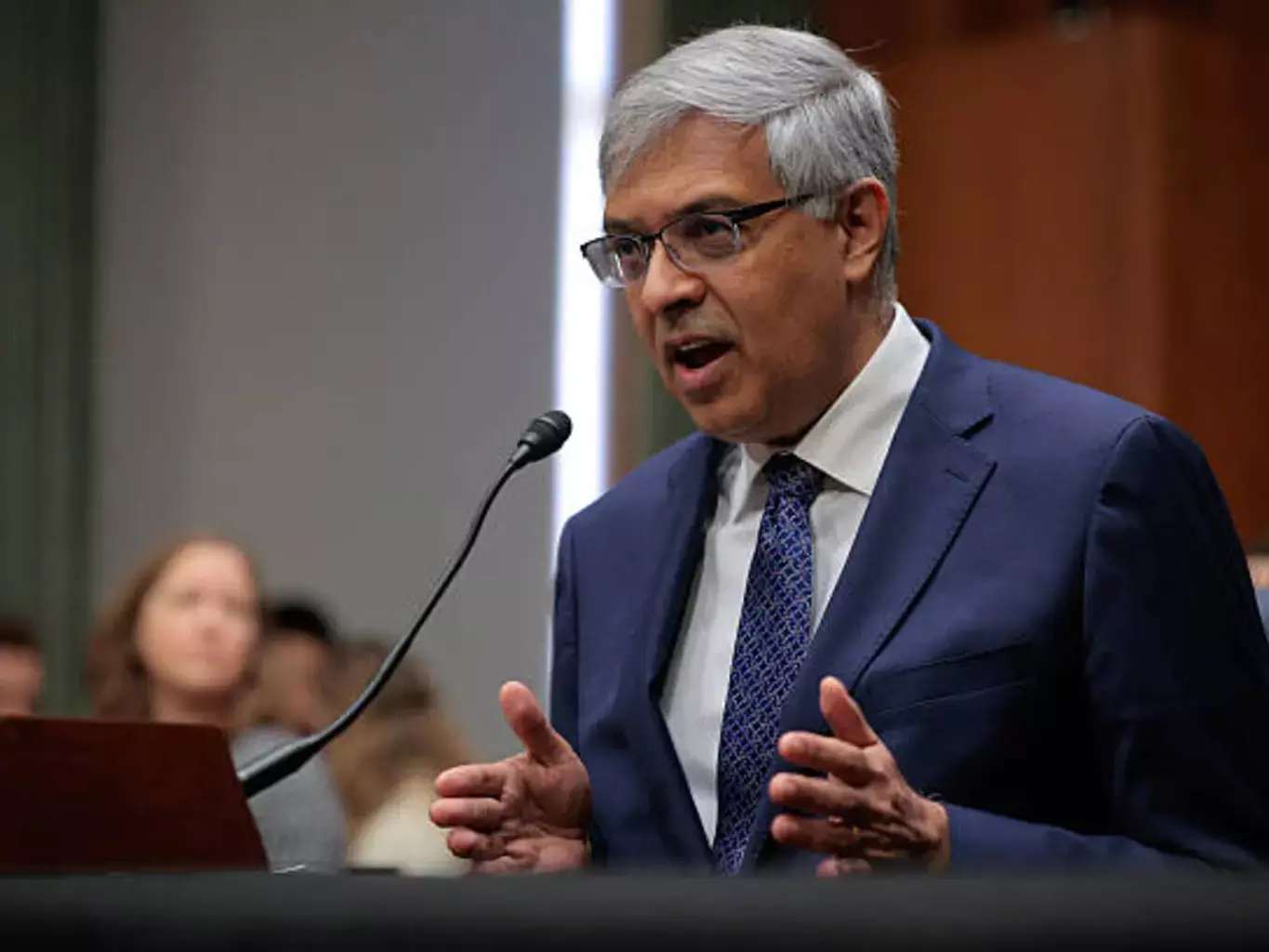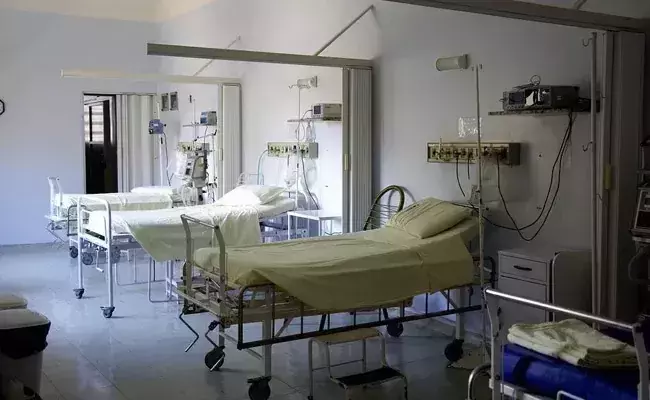
Economist Ghosh says basic needs not freebies but people's rights
text_fieldsNew Delhi: According to economist Jayati Ghosh, "basic needs" such as food, medical care, housing, and education, which the government should provide for its inhabitants, are not handouts and the poor have a greater right to get these things, are not free.
According to Ms Ghosh, the use of the word "freebies" reveals a person's social level.
"India has one of the highest rates of multidimensional poverty in the world and has done a poor job of ensuring that all its people receive adequate food and nutrition, healthcare, housing, education access, etc.
"In most other countries, universal access to reasonable quality goods and services that constitute 'basic needs' is seen as the responsibility of the state, not as 'freebies'," she told PTI.
Observing that if the political process makes political parties respond to such needs, these should not be seen as freebies, Ms Ghosh said, in fact, the poor in India pay a larger share of their income in taxes than the rich because of the dominance of indirect taxes in tax collection.
"So they are more than entitled to receive their basic needs," the eminent economist asserted.
Prime Minister Narendra Modi has in recent days hit out at the competitive populism of extending 'rewards' (freebies) which are not just wastage of taxpayers' money but also an economic disaster that could hamper India's drive to become Atmanirbhar (self-reliant).
His comments were seen directed at parties like the Aam Aadmi Party (AAP) which have in the run-up to the assembly election in states like Punjab and more recently Gujarat promised free electricity and water, among others.
Earlier this month, the Supreme Court had suggested setting up a specialised body to examine "irrational freebies" offered to voters during elections.
The Centre has told the Supreme Court that the "freebie culture" has been elevated to the level of "art" for fighting elections and will lead to "disaster" if some political parties understand this is the only way to deliver public welfare measures.
On India's current macroeconomic situation, Ms Ghosh said India is among the more vulnerable economies among BRICS and G20 because mass demand is still sluggish, the country's employment rates are down and poverty and food insecurity are likely to have increased.
"The RBI has already spent a significant amount trying to shore up the rupee, but further depreciation is likely, which will add to inflationary pressures in a low growth scenario," she said, adding that fudging output figures may satisfy some policymakers, but the economic laws will operate in any case.
Some politicians comparing the current economic situation of Sri Lanka with India, she noted that India will not face a Sri Lanka-type crisis because our external borrowing, especially sovereign debt, is not as high as Sri Lanka's.
"And we still have relatively large forex reserves. But some major economic difficulties are inevitable soon," the economist noted.
Sri Lanka is grappling with a severe economic crisis and India has been at the forefront of extending economic assistance to the island nation.
With PTI inputs






















